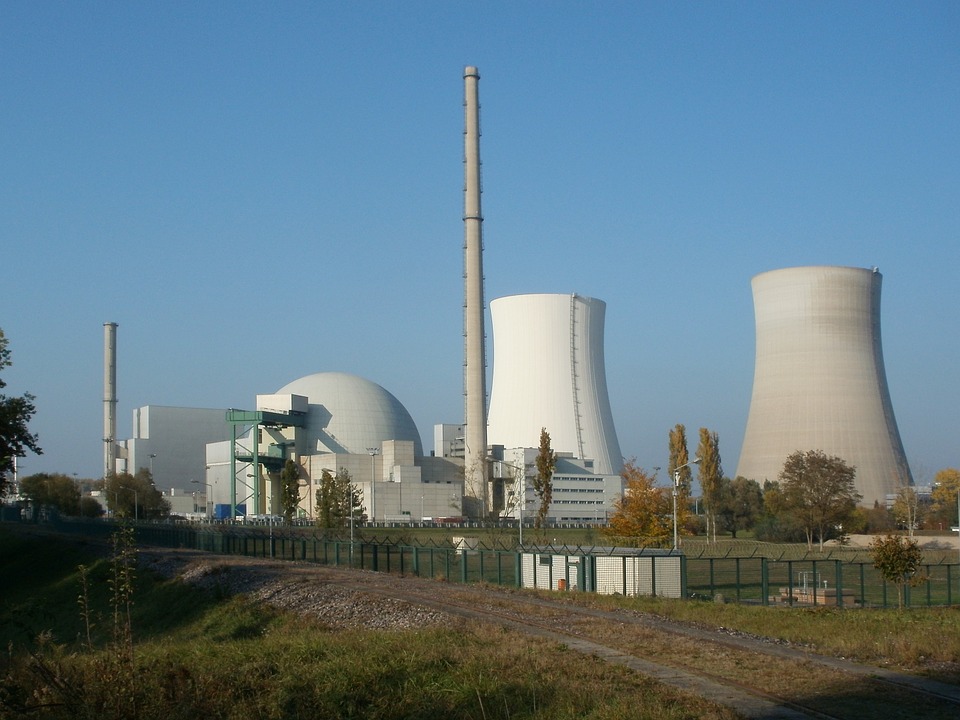IAEA e-learning course offers research reactors training to experts in LAC
Research reactors play an important role in scientific research and development, as they offer a wide range of applications in industry, medicine, agriculture and forensics.

Seventeen research reactors are in operations in seven countries in Latin America and the Caribbean, while three countries are planning or constructing new research reactors. One of them, Bolivia, is currently constructing its first. Most of the existing facilities were built over 30 years ago, and long-serving staff are now approaching retirement. To promote the sustained operation of the region’s fleet of research reactors, a new e-learning course developed by the IAEA offers an opportunity for both junior professionals and established experts to build or refresh their understanding of the operation, maintenance and safety of research reactors.
Research reactors play an important role in scientific research and development, as they offer a wide range of applications in industry, medicine, agriculture and forensics. Research reactors can also facilitate the work of educators and training experts. Building capacities to operate research reactors is a lengthy process and is a priority if the safe and efficient operation and maintenance of such facilities in the Latin American and Caribbean region are to be ensured in the future.
The new e-learning course, entitled "Introductory Training Course for Research Reactor Personnel,” is available in both English and Spanish.
Launched in 2020, the course is designed for use by new and current technical and scientific personnel of research reactors, as well as students and other stakeholders interested in research reactors. Teaching material intended for both newcomers and junior professionals in the field, as well as for established professionals assuming new duties, was developed and harmonized through meetings and workshops, held remotely due to pandemic restrictions.
“This e-learning course was a major output of a regional technical cooperation (TC) project[1],” said Nuno Pessoa Barradas, an IAEA Research Reactor Specialist who supported the regional project. “The contents were developed by representatives and experts from across the research reactor community of Latin America and the Caribbean, supported by international experts from Argentina and the Czech Republic. Finally, the course’s contents were reviewed through dedicated regional meetings and by the IAEA experts.”
Comprised of 20 modules which cover subjects and themes including reactor theory, reactor operation and safety, this e-learning course is expected to contribute to the establishment and improvement of new and existing research reactor programmes in the region, supported by a regional network that facilitates the exchange of technical knowledge and know-how on the operation, maintenance, safety and utilization of nuclear research reactors for users.
While the initiative was initially developed under a regional TC project, the e-learning course has proved beneficial for countries beyond the region. More than 176 users from ten countries in Latin America and the Caribbean are currently enrolled in the online training course, with an additional 235 enrolees from 54 countries outside the region. Given the success of the course, the IAEA is seeking to develop versions in other languages to meet the growing demand.
- READ MORE ON:
- IAEA
- Nuno Pessoa Barradas
- research reactors










